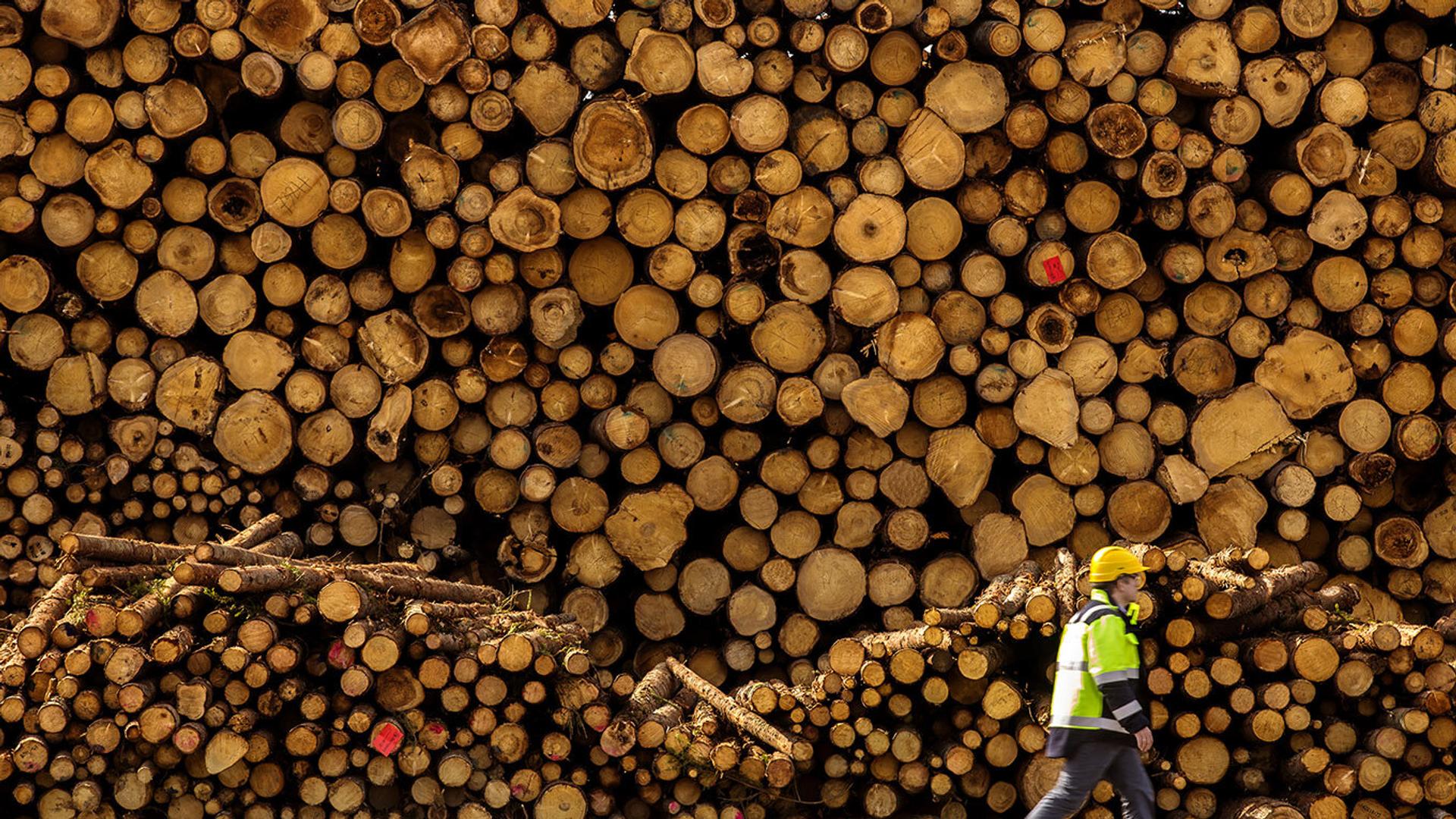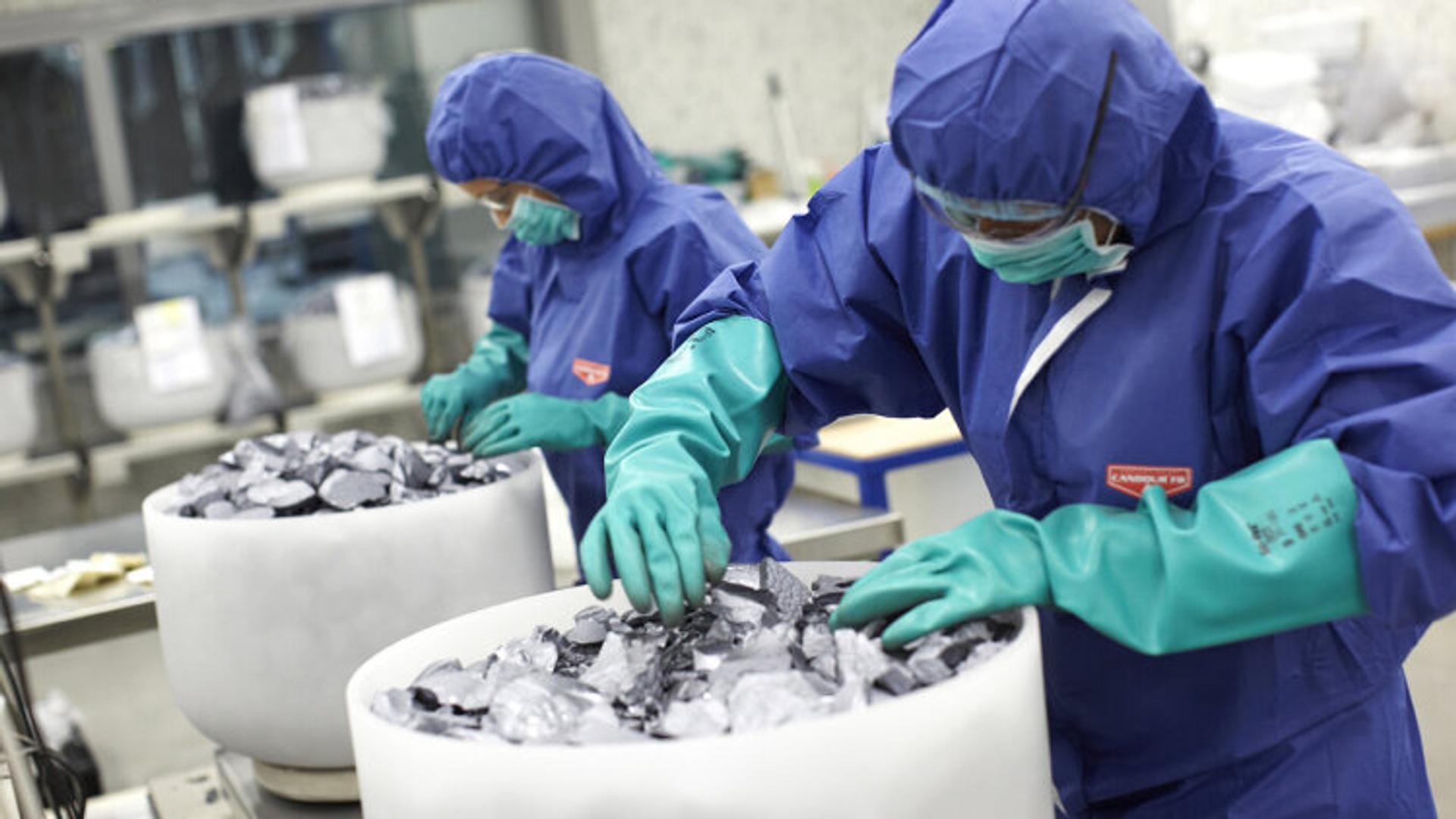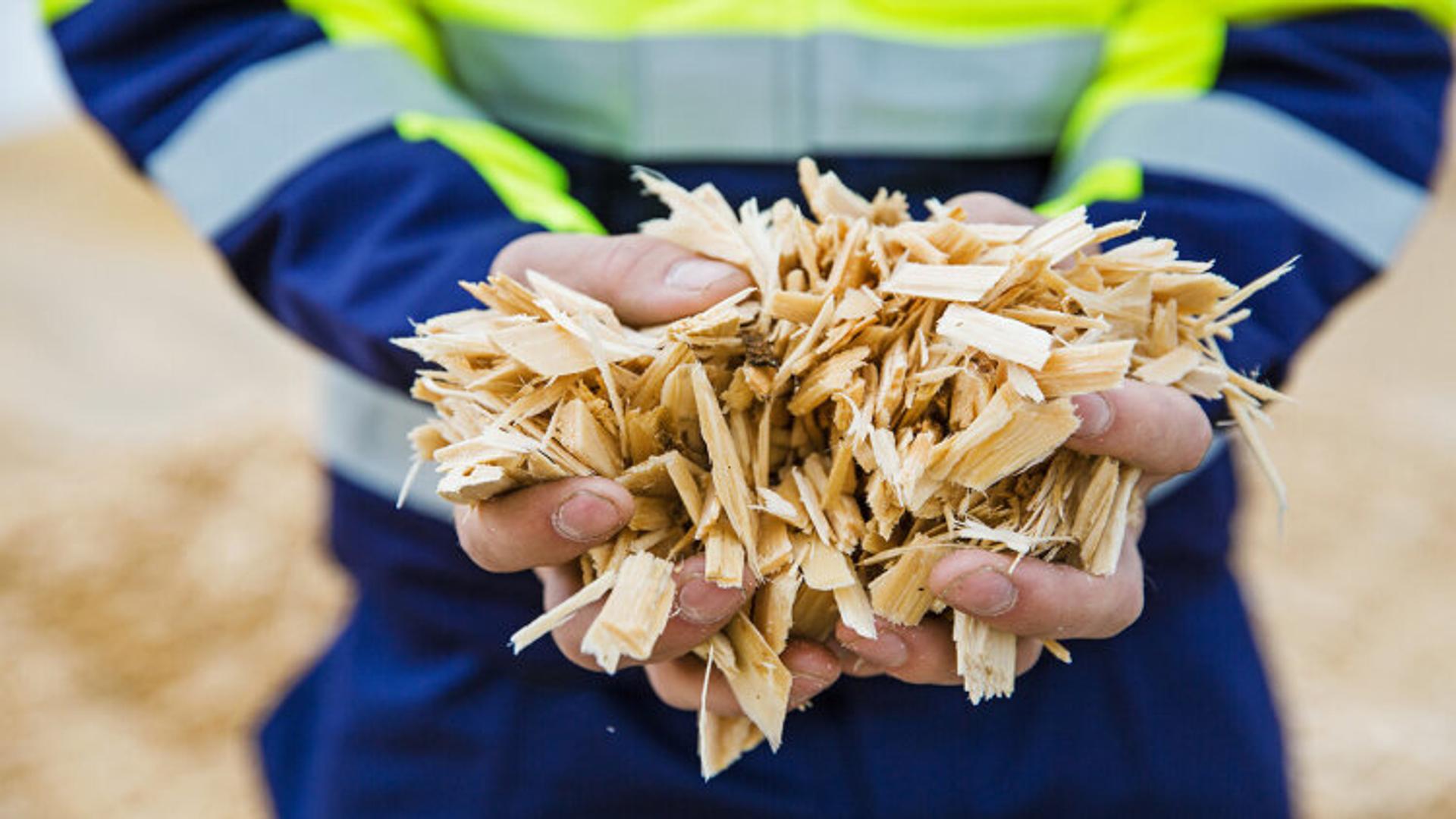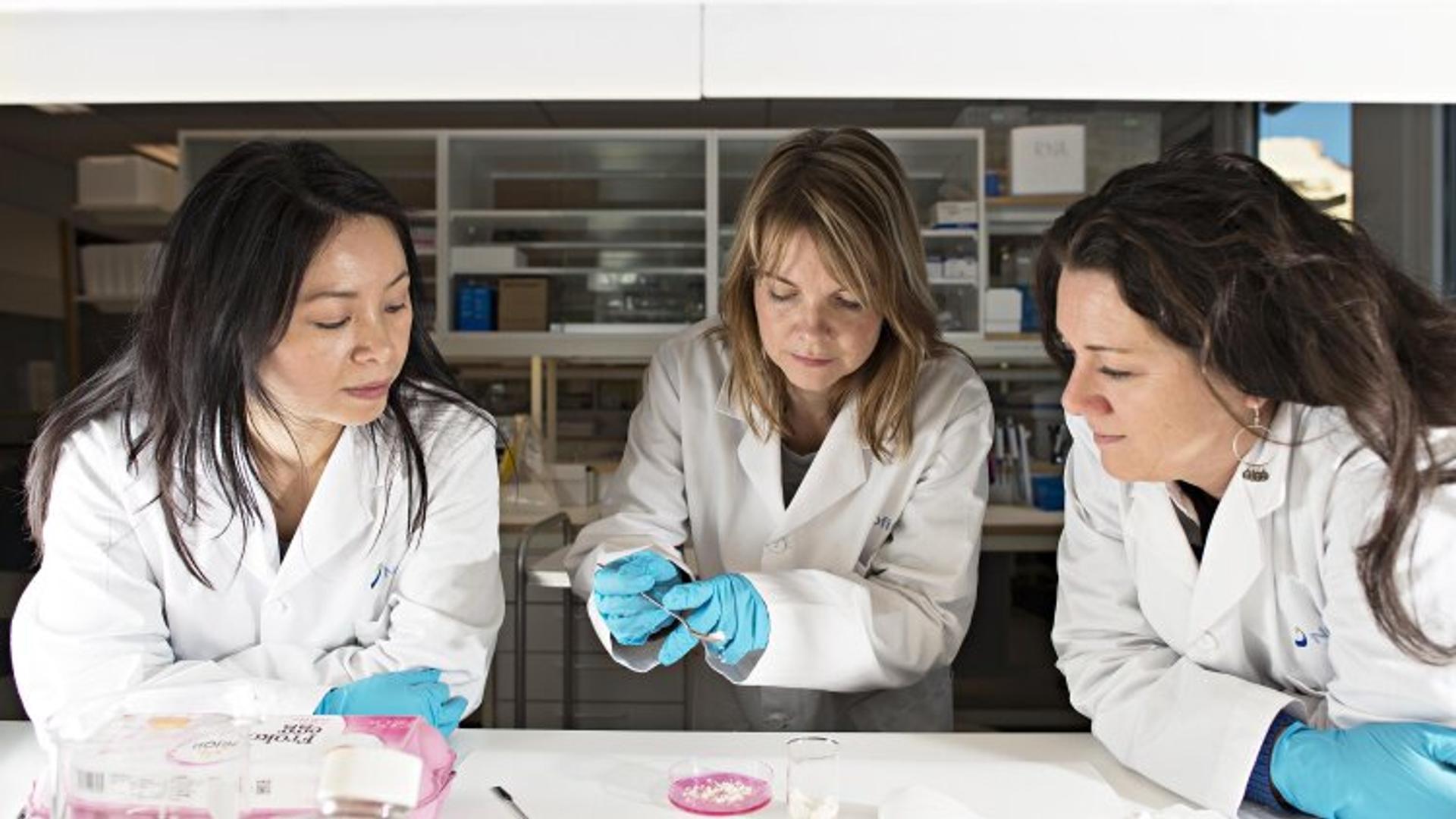Circular economy: Norwegian technology promotes sustainable use of natural resources

From time immemorial humans have harvested from nature’s bounty. Until recently, the natural resources were sufficient to sustain us, but it is becoming obvious that some resources are all too finite. It is critical that future resource use respects nature’s limits and adheres to sustainable growth and the sustainable use of resources.
Norway has always had access to a vast amount of bio and natural resources – fish, oil and gas, minerals, forests, and hydropower being the most well known. With the green transition underway, however, Norwegians are looking for new ways for sustainable use of resources. Below are some of the most exciting developments for circular economy in Norway at the moment.
Circular economy: New uses for old resources
Norway has huge ocean areas and extensive expertise in sustainable aquaculture. The country is the world’s second-largest seafood nation, after China, with tremendous potential for further ocean harvesting and developing the ocean industries.
One exciting development is known as “integrated multitrophic aquaculture”, which means to produce new types of biomass alongside aquaculture. Ocean Forest was founded by Lerøy Seafood Group and the environmental organisation Bellona. The company is using phosphorus, nitrogen and CO₂ released from fish farms to cultivate sugar kelp and mussels. This is an excellent example of the circular economy in practice, with sustainable food production and reducing CO₂ as an added benefit.
The offshore industry, meanwhile, has given Norway important experience and technology that can be applied in, for example, deep sea mining of minerals. Minerals and rare earth metals could become a very important export for Norway, as they are components in technology necessary for making the green transition, such as solar cells, wind turbines, electric vehicles, batteries, smartphones and power cables.

Petroleum-derived chemicals are still used in many products, including adhesives, coatings, cosmetics, household cleaning products and packaging materials. Several Norwegian companies, however, see the potential in replacing these oil-based additives with additives derived from forest biomass – a plentiful resource in Norway.
Borregaard, for example, is an innovator in bio-based products and operator of the world’s most advanced biorefinery, ensuring the sustainable use of resources based on renewable raw materials and its unique expertise. The company has developed Exilva, a powerful additive created using cellulose from Scandinavian forests. Exilva is the world’s first commercially available cellulose fibril additive.
Borregaard also manufactures a naturally derived bio-based vanillin made using Norway spruce – a natural and sustainable raw material. It has a smooth aromatic profile and is a sustainable substitute for oil-based vanillin.

Using waste as a resource
With the help of new knowledge and technology, waste can become a resource and even the source of new industries - a central tenet of the circular economy.
A number of organisations, including the Norwegian Centre of Expertise (NCE) Blue Legasea and The Life Science Cluster, are working to make Norway a leader in sustainable value creation based on full exploitation of marine residuals. Arctic Bioscience, for instance, produces a caviar oil rich in omega-3 phospholipids extracted from herring roe, a side stream from herring fisheries.
Norwegian agriculture produces around 415 000 metric tons of residual raw materials annually. Much of this is used for animal feed, but the number of application areas can be increased considerably. Norilia, for example, offers high-quality hydrolysed proteins made from poultry side streams for use in products for human and pet nutrition, optimising resource utilisation in the poultry industry.
Biovotec, meanwhile, has developed game-changing dressings for treating chronic wounds using eggshell membrane discarded by the food industry.

Keeping natural resources in use
Utilisation of bio and natural resources does not necessarily equate sustainable use of resources in and of itself. To ensure that we respect nature and its limits, products and materials must be kept in use with the help of recycling and reuse. This is one of the principles of the circular economy, and is economically, environmentally and socially beneficial. Norwegian companies have already made strides in certain areas within the circular economy.
